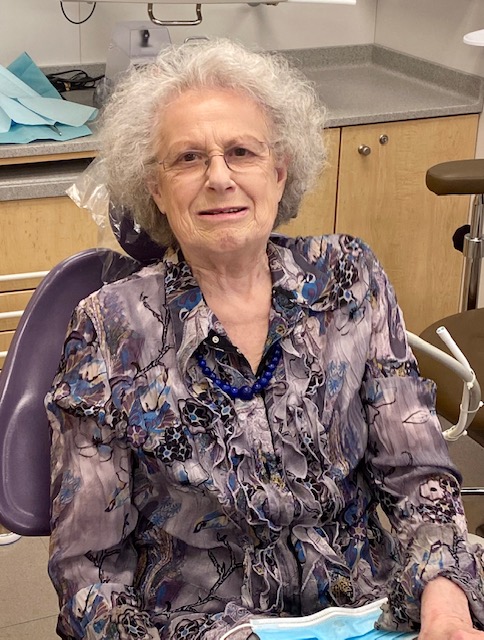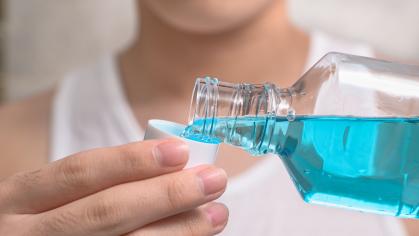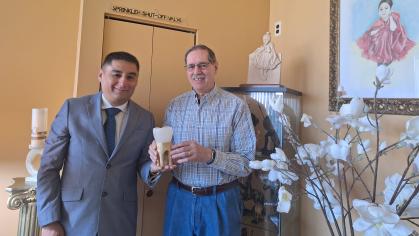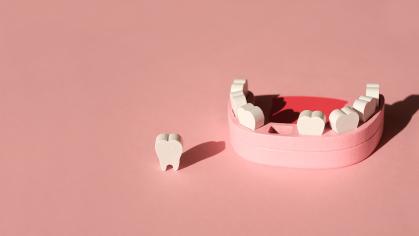RSDM Program Offers Dental Care to Holocaust Survivors
This is part of an occasional series that will feature the stories of Holocaust survivors being treated at RSDM. 
After the Nazis invaded France when she was a little girl, Helen Bright survived the Holocaust by staying with a series of rural families who were paid to harbor Jewish children. One family starved the children in their care, including Helen, and while others met her basic needs, she didn’t feel loved.
Bright is one of nearly a dozen Holocaust survivors receiving free oral healthcare as part of a partnership with the Jewish Federation of MetroWest, NJ. Both RSDM and the Federation are trying to spread the word to survivors and their loved ones throughout the tri-state region so they can receive the care they need. Holocaust survivors interested in treatment at RSDM can call 973-972-5304 to make an appointment.
Bright, who is 85, was in need of two root canals and restorative work after dental problems worsened during the pandemic because she avoided cleanings and other preventive care. Since her visits began at RSDM, she’s happy with the treatment she’s received from students, residents, faculty and staff.
“They are not only nice but I feel they are competent, too. I can’t thank them enough. They are wonderful,’’ she said.
The Jewish Federations of North America estimates that there are about 80,000 Holocaust survivors nationwide. Many are 85 and older. Most, like Bright, were children or teens during the Holocaust and suffered abuse, neglect and a lack of medical care that had a lasting impact on their health, including their oral health.
Although many survivors were sent to concentration camps, others became refugees, forced to flee their homeland or go into hiding to escape the Nazis. Like Bright, they were separated from parents and other family members, some of whom died in the camps. Both her father and brother died at Auschwitz.
Bright was six-years-old in 1942, when the French police, who collaborated with the Nazis, raided their apartment. They spared her mother and siblings because Bright had a case of mumps at the time and they feared she was contagious. For the next three years, until the end of the war, she took refuge in three different homes, two of them in a remote part of France that was isolated from the Germans. After the war, she came to the U.S. in 1959 and settled in Livingston with her husband.
RSDM’s survivor program is funded by faculty member Dr. Howard Drew, whose parents survived the Holocaust. His father passed away but his mother is still alive at age 95. Dr. Drew and his son, Alexander, who is also a faculty member at RSDM, were among the team of providers to helped treat Bright. But he has established a personal connection with all of the patients. “Every time I work on a survivor, I see my parents in front of me,’’ said Drew. “My parents were very special people and all of these people are incredibly special, too.’’



